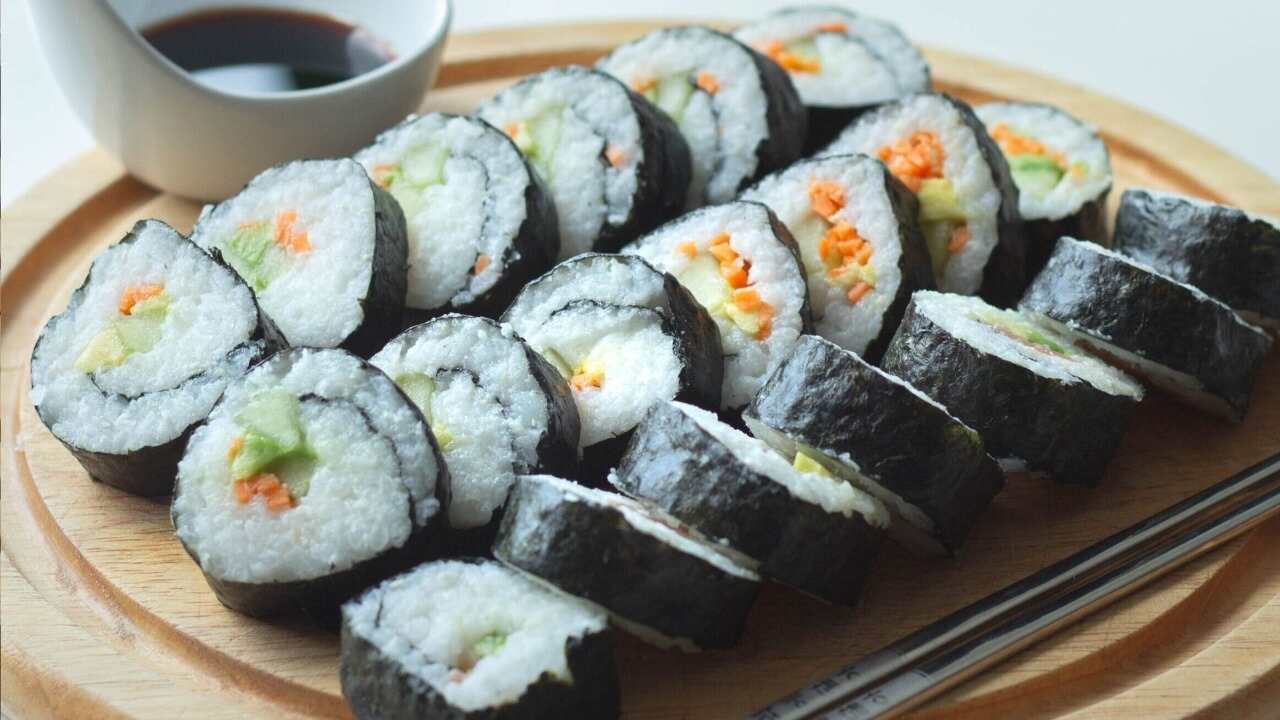Korean cuisine is frequently celebrated for its rich array of meat, chicken, and seafood-infused dishes. From Korean barbeque and Korean Ramen to Korean American Fried Chicken and Bulgogi, every single item is lip-smacking! However, there are fewer options for vegetarians in the cuisine. Thus, the question arises of the existence of veganism in Korean food culture.
In ancient times, when Buddhism was most prevalent in Korea, plant-based dishes were consumed mostly. Korean monks consume more veggies and no meat in the 21st century. If one digs up history, plant-based dishes were the foremost form of Korean Dishes. Even today, when you call out Kimchi, a spicy cabbage dish prepared with sauces and taken as siders with the main course. It has become a symbol of Korean cuisine. Talking about data, Seoul boasts over 750 vegan-friendly restaurants listed on Happy Cow, driven by the increasing demand from the nation’s youth. A 2022 survey reveals that South Koreans aged 18 to 29 are the most inclined to buy vegan food items. Additionally, the Korean Vegetarian Union reports that approximately half a million South Koreans declare themselves vegan, with 1.5 million identifying as either vegetarian or flexitarian.
Withstanding the fact, Veganism is running fast forward in Korean food courts as glass noodles, Nabak Kimchi (Mild Water Kimchi), Beoseot Gangjeong (Sweet Crispy Mushrooms), Hobak Buchim (Zucchini Pancake), and Gamjajeon (Potatoe Pan Gamjajeon (Potatoe Pancakes) are some worldwide famous vegan, and vegetarian dishes. As previously mentioned Korean culinary tradition places a strong emphasis on grains, legumes, and vegetables, with meat being relatively scarce compared to contemporary diets. Furthermore, Korean temple cuisine, rooted in Buddhist traditions, is entirely plant-based, utilizing seasonal ingredients primarily sourced from temple grounds, fields, and mountains. It strictly prohibits the use of meat or seafood. Due to Buddhism’s longstanding influence in Korea, temple cuisine holds a significant place in traditional Korean gastronomy. Korean cuisine isn’t just a paradise for non-vegetarians; it also serves as a welcoming haven for vegetarians.























